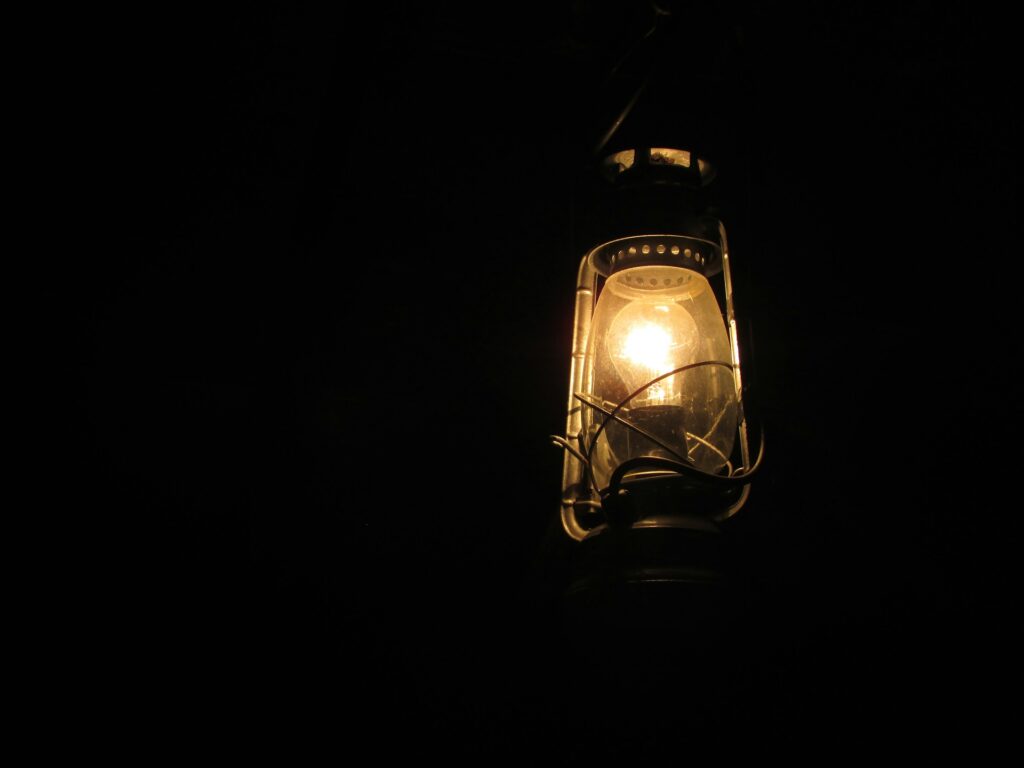HYC in the Arts: More Heart, Less Attack
Although “Need to Breathe” is a Christian band, their songs are not all worship songs (like Switchfoot or U2). The following song has been on my “heart” for quite some time. It’s been a beautiful corrective to the horrible tendency of our culture to “attack” and accuse those with whom we disagree, even those we used to call friends or family. Politics, religion, and even food choices have divided families over the course of the last few years.
Yet, the problem is much more insidious than people canceling one another over voting for or against Trump. We have grown accustomed to political patterns in our most important relationships. We forget about love and seek to “win.”
Wisdom would say winning a superficial argument is losing at love.
Be the light in the crack
Be the one that’s been there on a camel’s back
Slow to anger, quick to laugh
Be more heart and less attack
The metaphors are beautiful and each deserves attention, but the one that really stands out is “be the light in the crack.” Like a weed sprouting through concrete cracks, light and life have a funny way of sneaking into death and darkness.

The light shines in the darkness and the darkness can never extinguish it.
–John 1:5
We don’t have to bring spotlights or produce great quantities of light. A small lantern is more than enough to drive out the darkness. Even a little crack in a door can allow light to flood into another darkened room.
Those metaphors are beautiful, but what does it mean?
What does “light” look like in everyday life? How do we live everyday lives of surrender and patience?

The simple answer would be the following invitation from “Need to Breathe” based on James 1:19-20 to be:
Slow to anger, quick to laugh…
Quick to let go, slow to react,
Be more heart and less attack.
When anger is not so easily accessed, when we learn to “Elsa” (i.e. #LetItGo!), we become not just more kind and fun to be around, we become the kind of flourishing human God has designed us to be. When we indulge in anger, it’s not just the other person that is wounded, we become monsters ourselves. Buechner has harrowing words for us about anger:

Of the Seven Deadly Sins, anger is possibly the most fun. To lick your wounds, to smack your lips over grievances long past, to roll over your tongue the prospect of bitter confrontations still to come, to savor to the last toothsome morsel both the pain you are given and the pain you are giving back–in many ways it is a feast fit for a king. The chief drawback is that what you are wolfing down is yourself. The skeleton at the feast is you.
–Frederick Buechner
Though anger is fun, it remains deadly: “the skeleton at the feast is you.” Ouch.

Paul says it similarly:
But if you bite and devour one another,
watch out that you are not consumed by one another.
–Galatians 5:15
There is another way. We don’t have to live such a “dog-eat-dog” lifestyle. The verse right before that one is all about loving our neighbor, the one who God puts closest to us in our present moment. Like the “Good Samaritan,” the measure of our neighborliness is not merely our thoughts or theology, but how we respond in grace and love in moments of difficulty and crisis. Do we rise to the occasion and show undeserved favor or do we pass by on the other side of the street, not wanting to get messy with the mess of others?

Hug Your Cactus is all about how we respond to each of the crises in our lives—self-imposed or external/unintentional. Respond is such a key term.
If I could sum up this whole thing in a phrase it would be this: Respond, don’t react.
Responses are from thought and from deeper emotions. Reactions involve little thinking—usually sprouting out of our basest emotions. Responses are kind. Reactions are usually petty. In short, may we learn to be “more heart and less attack.”
See More